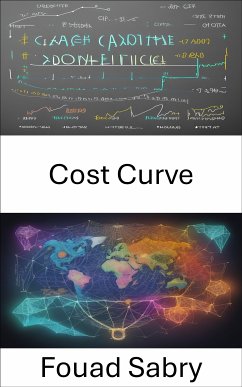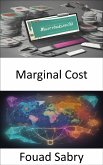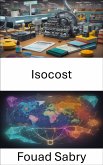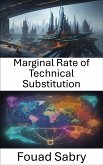In economics, a cost curve is a graph of the costs of production as a function of total quantity produced. In a free market economy, productively efficient firms optimize their production process by minimizing cost consistent with each possible level of production, and the result is a cost curve. Profit-maximizing firms use cost curves to decide output quantities. There are various types of cost curves, all related to each other, including total and average cost curves; marginal cost curves, which are equal to the differential of the total cost curves; and variable cost curves. Some are applicable to the short run, others to the long run.
How you will benefit
(I) Insights, and validations about the following topics:
Chapter 1: Cost curve
Chapter 2: Perfect competition
Chapter 3: Profit maximization
Chapter 4: Minimum efficient scale
Chapter 5: Marginal cost
Chapter 6: Production function
Chapter 7: Average cost
Chapter 8: Marginal product
Chapter 9: Diminishing returns
Chapter 10: Economic cost
Chapter 11: Isoquant
Chapter 12: Conditional factor demands
Chapter 13: Total cost
Chapter 14: Average variable cost
Chapter 15: Long run and short run
Chapter 16: Supply (economics)
Chapter 17: Shutdown (economics)
Chapter 18: Marginal product of labor
Chapter 19: Long-run cost curve
Chapter 20: Socially optimal firm size
Chapter 21: Expansion path
(II) Answering the public top questions about cost curve.
(III) Real world examples for the usage of cost curve in many fields.
Who this book is for
Professionals, undergraduate and graduate students, enthusiasts, hobbyists, and those who want to go beyond basic knowledge or information for any kind of Cost Curve.
Dieser Download kann aus rechtlichen Gründen nur mit Rechnungsadresse in A, B, BG, CY, CZ, D, DK, EW, E, FIN, F, GR, H, IRL, I, LT, L, LR, M, NL, PL, P, R, S, SLO, SK ausgeliefert werden.









